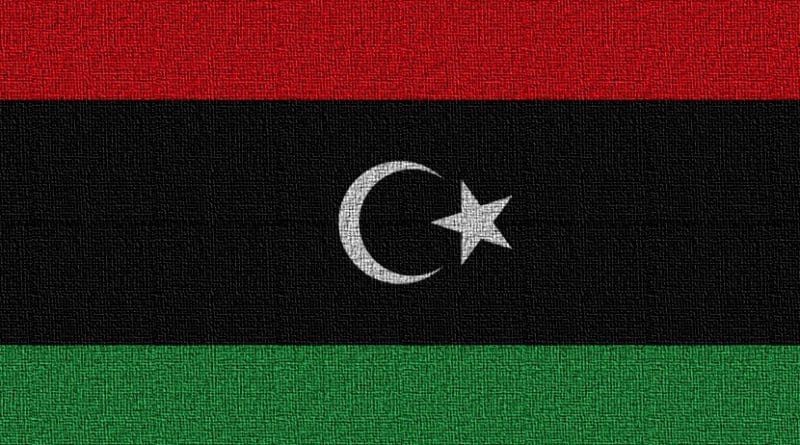Libya’s Friends – OpEd
By Arab News
When the BRIC countries — Brazil, Russia, India and China — along with Germany abstained in the UN’s vote on the no-fly zone over Libya a week ago, they were relatively muted in their reasons for doing so. They stuck to concerns about sovereignty and whether there had been enough information provided to them about Muammar Qaddafi’s attacks.
Since then China has hardened its stance against the military action being undertaken by the US-led coalition, demanding an end to it. So too has Russia — although in its case it is difficult to know whether Prime Minister Vladimir Putin’s condemnation of the attacks is purely personal. President Dmitry Medvedev’s stinging criticism of his prime minister’s comparison of the attacks to the Crusades would suggest so, although the country’s Defense Minister Anatoly Serdyukov also came out against the air raids.
Other countries too have opposed them or taken skeptical positions, notably Pakistan, Turkey and South Africa.
We believe them to be profoundly wrong in this instance. In the present circumstances, governments cannot say they support the Libyan people and want an end to the military campaign in the same breath. That is illogical.
Qaddafi is determined to crush all Libyan opposition, and his disregard for his own cease-fires proves it. He intends to regain full control of the country regardless of how many Libyans he has to kill in the process. If Libyan lives are to be protected, as the UN demands, he has to be restrained with more than a no-fly zone. He has the tanks and the ground forces. Limiting international military action to a no-fly zone would still allow him to smash the rebellion — as he tried in Benghazi and is still trying in Misrata and Zintan — and with massive loss of civilian life in the process. Any call for an end to attacks on his ground forces is, in effect, a green light for him to carry on killing.
Questions can legitimately be asked whether those voices opposed to ground attacks are playing to the gallery, local or international. Putin’s reference to a “Crusades” seems deliberately designed with a Muslim audience in mind. His response has certainly had internal consequences, providing the biggest split so far between him and Medvedev. All the governments concerned, however, insist their stand is based on moral principles.
If so, it is good to know that they put principle above economic interest (unlike the coalition partners who, if their detractors are to be believed, are only in it for Libya’s oil).
That should be of some comfort in the future as and when Chinese and Russian economic interests in Libya take a battering, as seems likely if the opposition wins.
The opposition is certainly looking at who are, and who are not, its friends. On Wednesday, demonstrators who took to the streets of Benghazi to thank the French, British and Americans for their military action, also strongly condemned Russia and China for their UN abstentions and subsequent statements. That condemnation almost certainly reflects the views of the opposition leadership. The demonstrations would not have happened without their active involvement. That is of potentially major-long term economic significance, not just for Russia and China, but anyone else seen as not having supported the Libyan uprising.

